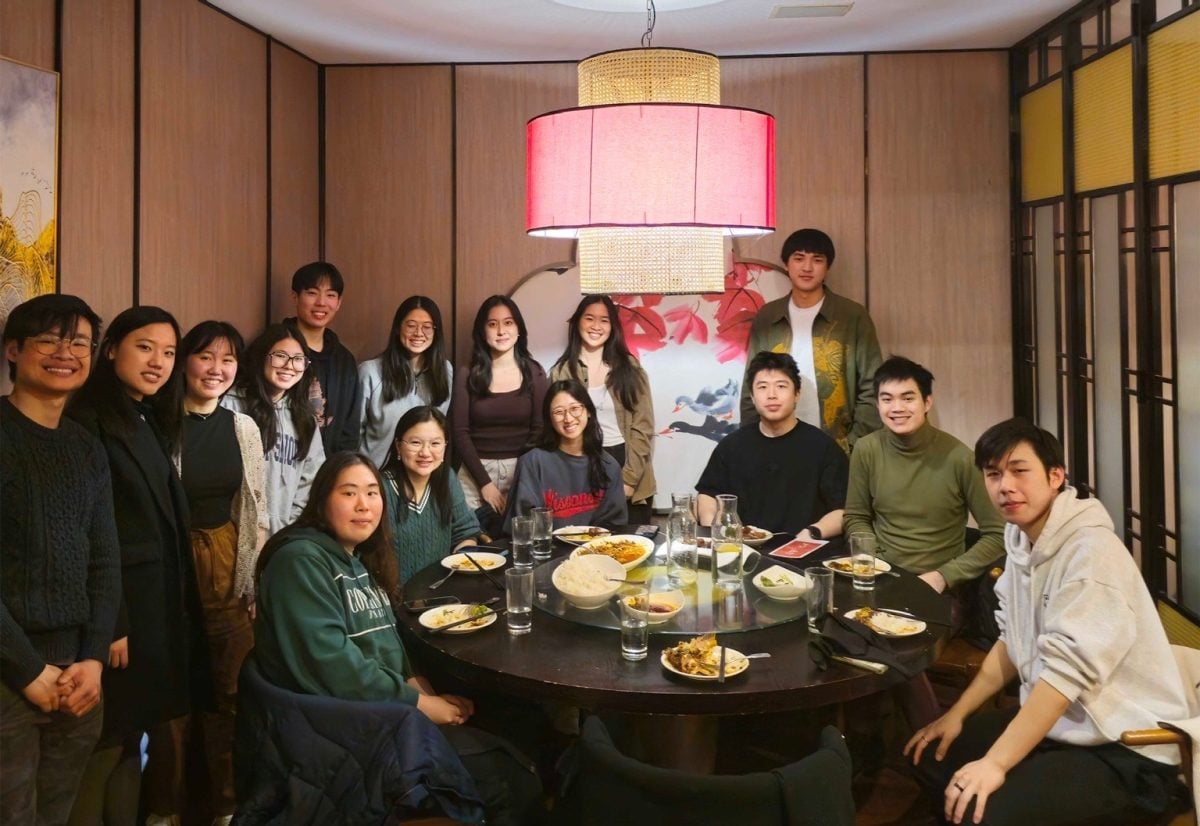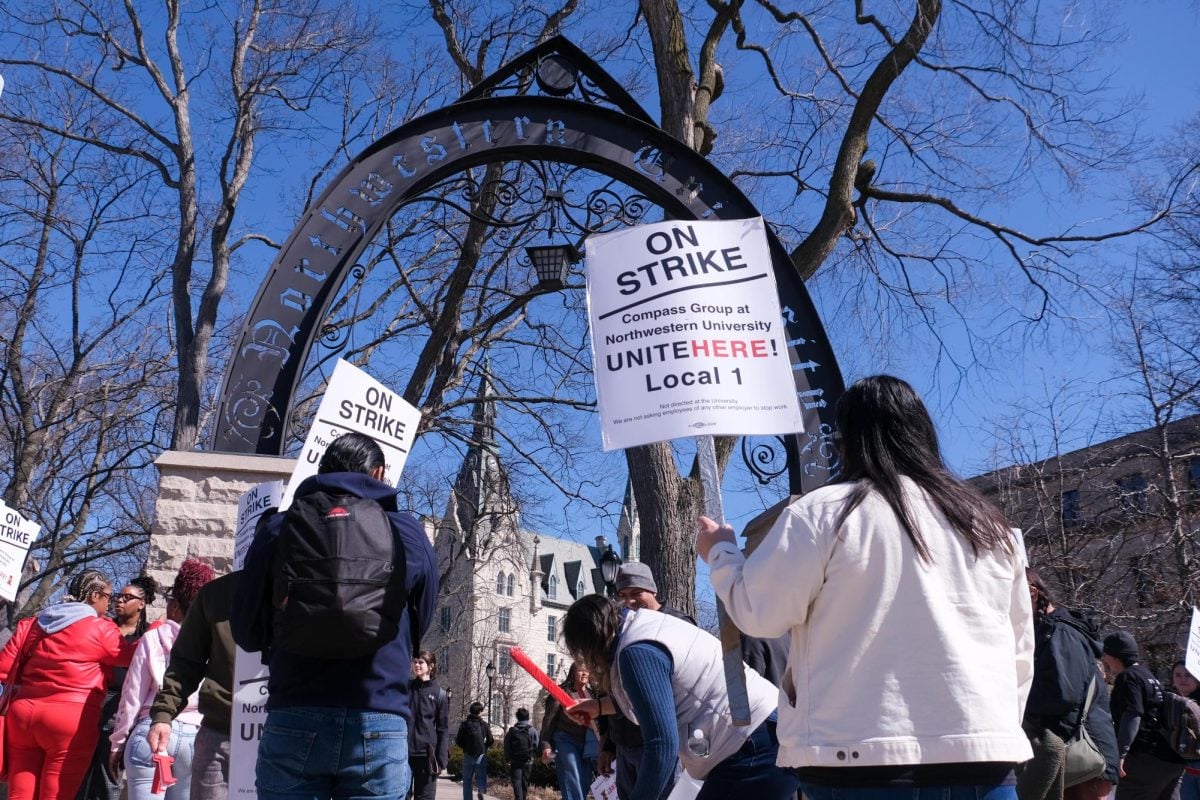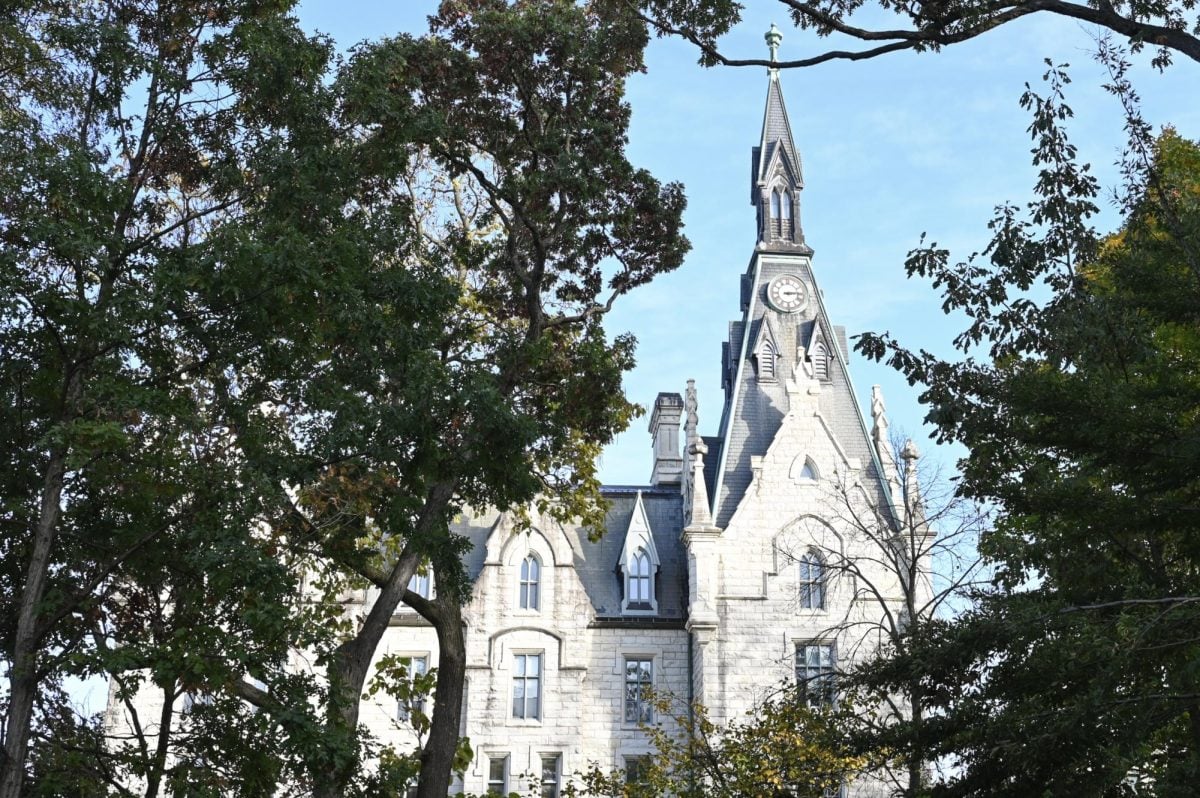Weinberg junior Emily Zhao recalled there being “like five people” when she visited Chicago’s Chinatown with Northwestern student organization Chinatown Health Initiative during her freshman year. At the time, the group faced obstacles because of the COVID-19 pandemic. This memory made her return to the neighborhood in Fall Quarter as the club’s president, when several more attended, all the sweeter.
“It was really nice to see what a big group of people it was, visiting a Chinese American museum together and learning more about Chicago’s Chinatown history,” Zhao said.
Chinatown Health Initiative works to provide medical information and interpretation services for patients at partner clinics across Chicago and the North Shore. Though membership had dwindled during the pandemic due to an inability to conduct in-person activities, the club has now regained its numbers and is focused on elevating healthcare advocacy work.
Zhao said Chinatown is a primary target of service because it is a center for Chicago’s Asian American settlement, especially for new immigrants. Many club members volunteer at clinics, which serve uninsured or low-income patients.
The club also aims to serve local seniors, a particularly vulnerable group,. Zhao said. She pointed to some elderly patients who have lived in Chinatown for a long time but could not understand U.S. health insurance policies because of language barriers as an example..
These barriers, along with a distrust of medical professionals, cause community members to avoid seeing the doctor, CTHI co-clinical chair and Weinberg senior Jiayi Kong said.
Kong’s committee focuses on providing translation services at free screenings for conditions like hypertension and osteoporosis.
“It’s pretty rewarding because I’m from the area,” Kong said. “Doing the most I can in a limited setting is a big thing for me and, I think, for a lot of people in my committee, because as undergrads, there’s not really that much that we can do for them.”
CTHI co-education chair and Weinberg sophomore Austin Moy manages the organization’s health cards, which are informational documents the club produces and distributes for the public through local collective Midwest Asian Health Association.
The club is working on a partnership with the public library in Chinatown to disseminate these health cards and create a deeper understanding of health being holistic, not just physical.
“I didn’t have that as a kid,” Moy said. “I know that most people in the Chinese community … did not really have that.”
As a result, the initiative aims to have an intergenerational reach. For youth and teen outreach, Moy said he hopes to focus on topics that are taboo in Asian culture, including sex, vaping and drugs.
CTHI co-clinical chair and Weinberg junior Sarah Huang said many NU students may be privileged when it comes to their healthcare, as most students can access resources necessary for both prevention and treatment.
“Whether we’re making health cards for certain issues in Chinatown or we’re interpreting for medical students, we get to see a lot of barriers — socio-economic barriers, language barriers, cultural barriers — and I think this is something that is important for everyone to be able to acknowledge and see,” Huang said.
Email: beavillaflor@u.northwestern.edu
Twitter: @beatricedvilla
Related Stories:
— Chinatown Health Initiative discusses racist discourse on coronavirus
— Chicago Chinatown Summer Fair entertains local residents and NU students
— Chicago Chinatown businesses struggle amid COVID-19 misinformation







